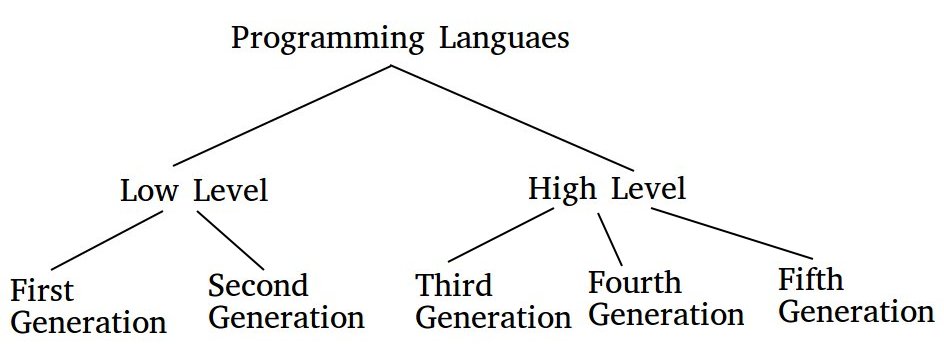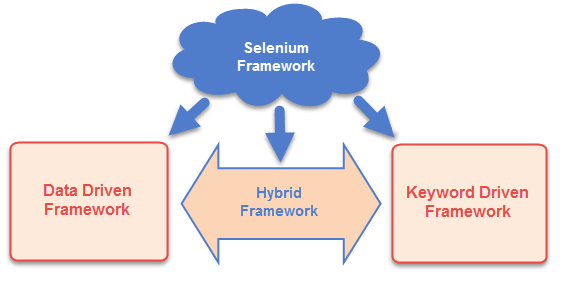- What is Data Driven Testing?
Data Driven Testing is an Automation framework where we can alliteratively run multiple data set from an external source like a table for the same test script-instead of hard coding.
Multiple data sets and test environment can be controlled and run without hard coding and results obtained can be compared.
Types of Data Driven Testing
Data-driven testing can be broadly classified into three parts:
Data-driven scripts: Data-Driven Scripts are application-specific scripts (like JavaScript) that are coded to include variable data sets.
Keyword-driven test automation: Keyword Driven Test Automation is also known as Table Driven Test Automation. In keyword Driven test automation a data table using keyword id deployed for testing
Hybrid Test automation: It is a blend of Data-Driven and Keyword Driven Automation Frameworks.
Why Data Driven Testing?
Data-Driven testing tests application with multiple data sets ensuring extensive testing.
It also allows in organizing Test data and validation data in a single file.
Example:
For example, we have a login system that has to be tested for multiple input fields with different data sets.
Approach 1) For every data set creates separate scripts and execute each of it one by one.
Approach 2) Every time you have to run the test case for different data set, annually change it in the test script and execute it for all required number of data sets.
Approach 3) Import the data in an excel sheet and fetch this data one by one from the excel and run the script.
Executing the test scripts using approach 1 and 2 are very time consuming and lengthy process, the third method or what we call data-driven framework is ideal for such scenarios.
Data Provider
Data can be fed in different forms. Few popular ones are
Internal table
Spreadsheet
CSV file
XML file
What is the Difference between Keyword Driven Testing and Data Driven Testing?
In Data driven testing test scripts are executed for a different set of data to validate proper working of application with different variable values.
On the other hand, in Keyword-driven testing, a keyword represents action. A set of keywords drives a script. These keywords build test scripts.
Automation Framework For Data Driven Testing
This method can be used integrating with various Test Automation Tools like Selenium, QTP, TestComplete, TestNG etc
https://www.testbytes.net/blog/data-driven-testing/
- What is Data Driven Testing?
Data-driven is a test automation framework which stores test data in a table or spread spreadsheet format.
In Data-driven test automation framework, input data can be stored in single or multiple data sources like xls, XML, csv, and databases.
To create an individual test for each data set is a lengthy and time-consuming process. Data Driven Testing framework resolves this issue by keeping the data separate from Functional tests.
In Data Driven Testing, it is an ideal option to use realistic information
It allows testing application with multiple sets of data values during Regression testing
Drawback of this method is that it is depended on the automation skills of the Implementing team
https://www.guru99.com/data-driven-testing.html
Our community produces two suites of software: ODK and ODK-X (formerly ODK 2).
ODK: Tools for the common case
ODK-X: Tools for complex workflows
https://opendatakit.org/software/
- ODK: Tools for the common case
https://opendatakit.org/software/odk/
- Open Source Data Management Software
The Integrated Rule-Oriented Data System (iRODS) is open source data management software used by research, commercial, and governmental organizations worldwide.
The Four Core Competencies of iRODS
Data Virtualization
Data Discovery
Workflow Automation
Secure Collaboration
https://irods.org/






